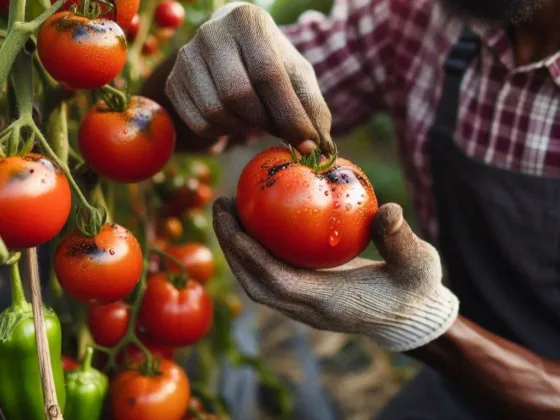Table of Contents Show
The agriculture industry needs the most précised and careful approach. A farmer must have thorough information about farming, and when if you have a big and successful farm on which your livelihood is dependent, you need more attentiveness.
Operating a successful farm is hard work even in the best of times. Still, when the winter months are approaching, farmers have special weather considerations to factor into their daily routines and planning.

In this article, we have tried our best to come up with ten ideas that can be your guide for farming during the winter season.
Whether you’re a seasoned pro and already have a skid steer plow attachment and tractor snow blower attachment, or you’re new to the industry, these ideas can help you mitigate seasonal effects.
Agricultural Tips for the Winter
Read Also:
1. Perform Regular Tractor Maintenance
Tractors are standard farm equipment, but if yours isn’t regularly maintained, you could be putting yourself and other workers at risk. You should conduct daily inspections, checking for:
- Loose attachments
- Oil leaks and fluid levels
Once your tractor is in good shape, you can find helpful, season-specific additions. For instance, you may need a bobcat fork attachment.
2. Stock Up on Safety Gear
As in the tractor example, it goes without saying that safety is paramount. Besides stocking up on emergency kits that include first aid and PPE, you may want to have items like a headlamp, a pocket knife, and a phone.
3. Adapt Whenever Needed
Wintertime agricultural work poses some unique risks with weather surprises. Be prepared to adapt as needed and shuffle your schedule to accommodate dangerous conditions.
4. Double-Check Equipment Regularly
Whatever equipment checks you were doing in the summer need to be doubled down on now. Cold weather is notorious for causing freezes, cracks, and other issues, so never skip an inspection and don’t be afraid to pause a task if your equipment seems to have a problem.
5. Move Some Operations Indoors
It may not always be possible, but some farmers can move their operations partly indoors. If this is an option for you, you’ll be much safer and more comfortable in heat-controlled conditions.
6. Continue Eating Healthfully
Cold weather and long, hard days can make it tempting to overindulge. Try reminding yourself that without proper fuel, you won’t be able to perform at your best.
7. Don’t Procrastinate on Small Tasks
It can be easy to assume small tasks will be as quickly accomplished in the wintertime as in the summertime, but this might not be the case. Because weather conditions can cause unexpected delays, try to start any task as early as you can.
8. Stay Hydrated All the Time
Drinking enough water is just as important when it’s cold as when it’s hot. Try filling a travel mug with a soothing hot beverage.
9. Avoid Working at Night
While summer months may allow you to work later into the evening because the sun’s still out, shorter days mean longer periods of darkness. Farming in the dark can be dangerous for many reasons, so try to pack more into daylight hours.
10. Dress Warmly
Dressing warmly is the key to performing farm work in cold weather without endangering your health. The key is to wear layers, so you can take items of clothing off if needed.
Farming is a full-time occupation, but you don’t have to let cold, wintery weather make it harder than it needs to be. With these ten agricultural tips, preparing for the frosty season ahead has never been more straightforward. Get the winter equipment your farm needs today.










